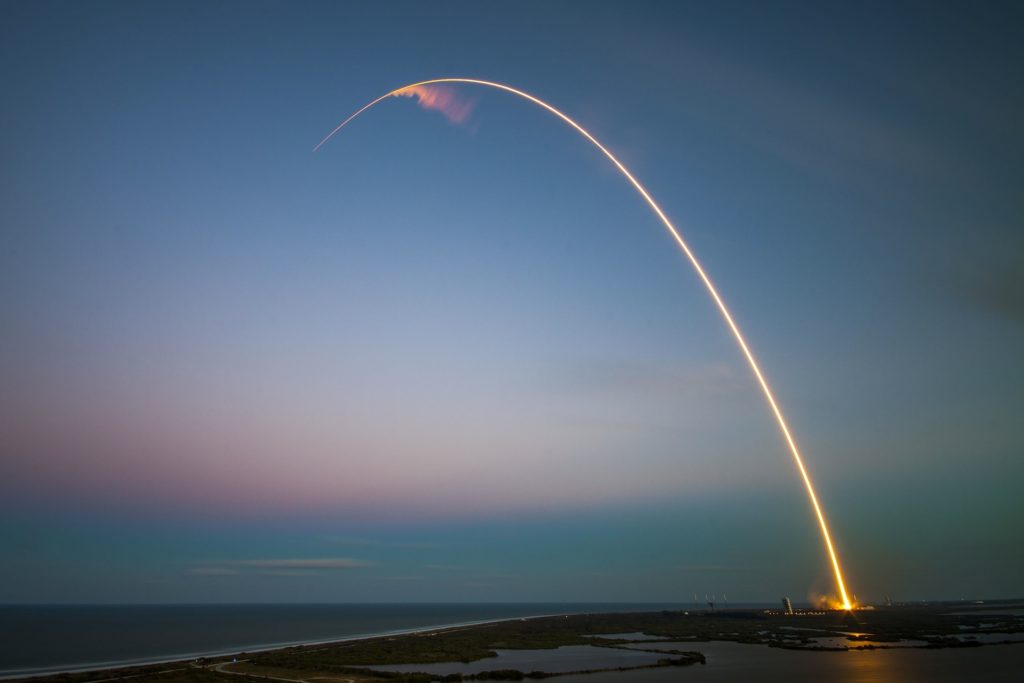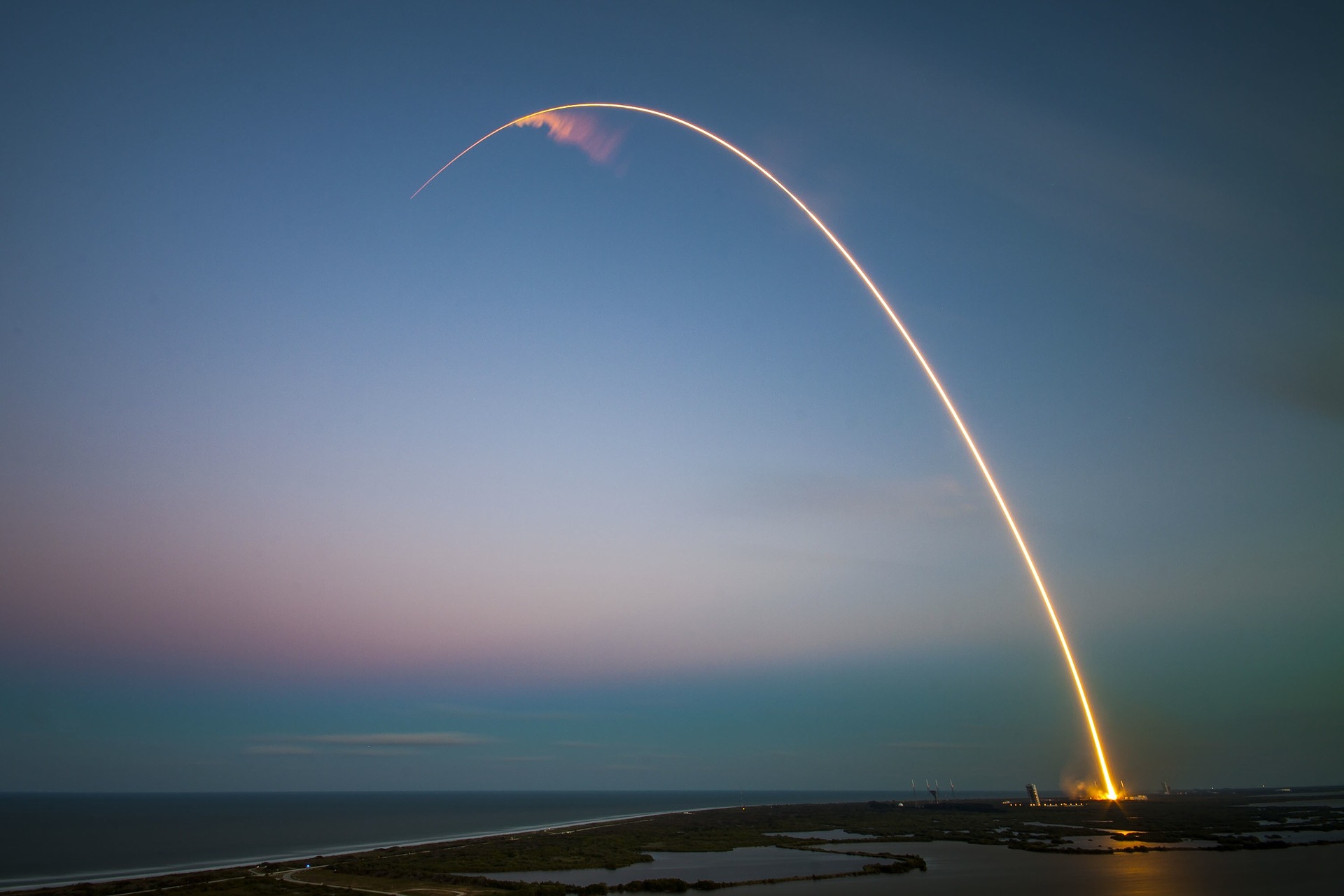
Johnathan Yaney, founder and CEO of spaceflight technology development company SpinLaunch, announced on 19 June that the company had been awarded a responsive launch prototype contract by the US Department of Defence (DoD), facilitated by the Defence Innovation Unit (DIU).
SpinLaunch said it was developing a “kinetic energy-based launch system” which it claimed would “provide the world’s lowest-cost orbital launch services for the rapidly growing small satellite industry”.
Referencing a recent joint report from the DIU and the Air Force Research Laboratory (AFRL), the company noted that the future and growth of the US space economy is expected to be “critically dependent on continuing reductions in the costs and risks associated with launch”.
The report found that “there is a bifurcation of launch providers between lower-cost, ‘bulk’ carriers . . . and higher-cost, ‘niche’ providers offering lower lift-mass, but launch to a specific orbit.”
In January 2019, SpinLaunch moved from Silicon Valley to its new 140,000 square foot headquarters in Long Beach, California and last month broke ground on a new US$7 million test facility on 10 acres at New Mexico’s Spaceport America. The company anticipates that its first kinetic energy flight tests will occur early 2020 and has announced its plans for first launch by 2022.
“SpinLaunch fills this gap by providing dedicated orbital launch with high frequency at a magnitude lower cost than any current ‘niche’ launch system,” Yaney said in a statement.
“This will truly be a disruptive enabler for the emerging commercial space industry,” he added. “There is a promising market surge in the demand for LEO constellations of inexpensive small satellites for disaster monitoring, weather, reconnaissance, communications and other services.”
In 2018, SpinLaunch raised US$40 million in a Series A financing round from Airbus Ventures, Google Ventures and Kleiner Perkins.
The Defense Innovation Unit (DIU)was established in 2015 to “reinvigorate and lead” DoD outreach to commercial innovation hubs across the United States, beginning with Silicon Valley to Washington, DC, Boston and Austin.
Its stated mission is to “execute transformative projects with scalable impact across the joint force; accelerate the adoption of commercial technology, from AI, autonomy, cyber, human systems and space, to strengthen the National Security Innovation base (NSIB)”.


Leave a Reply